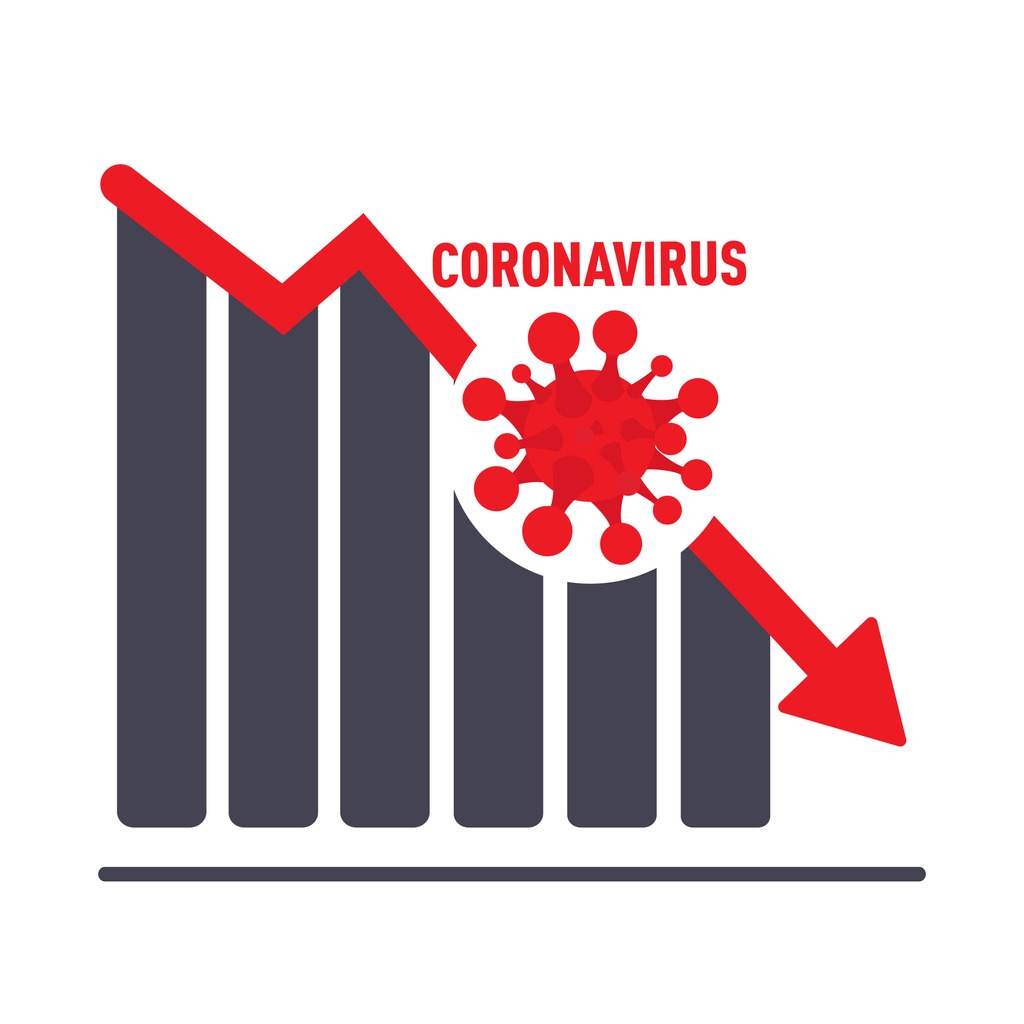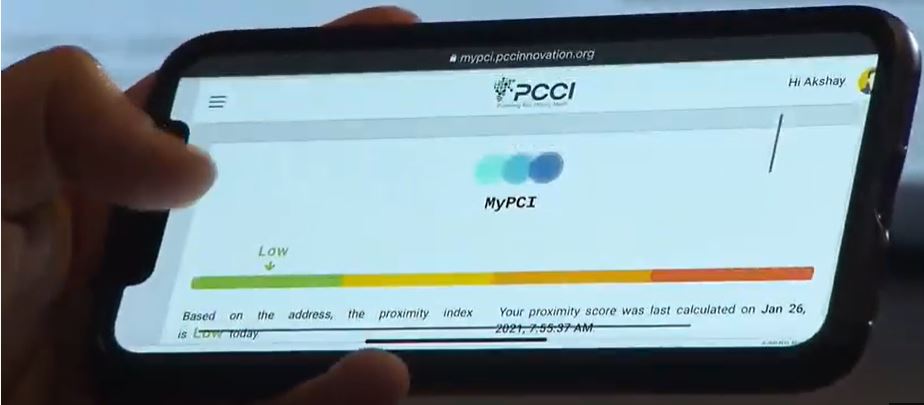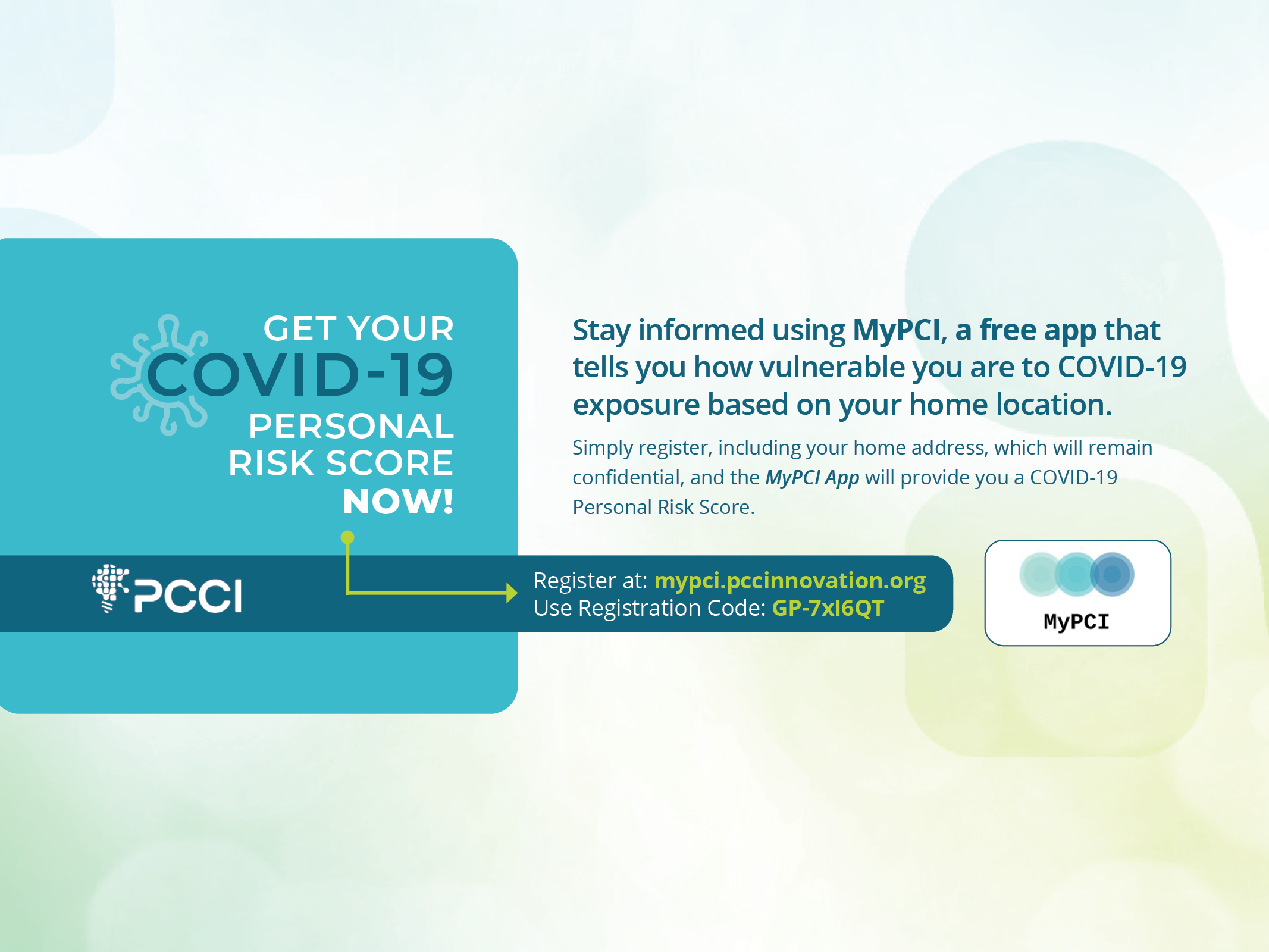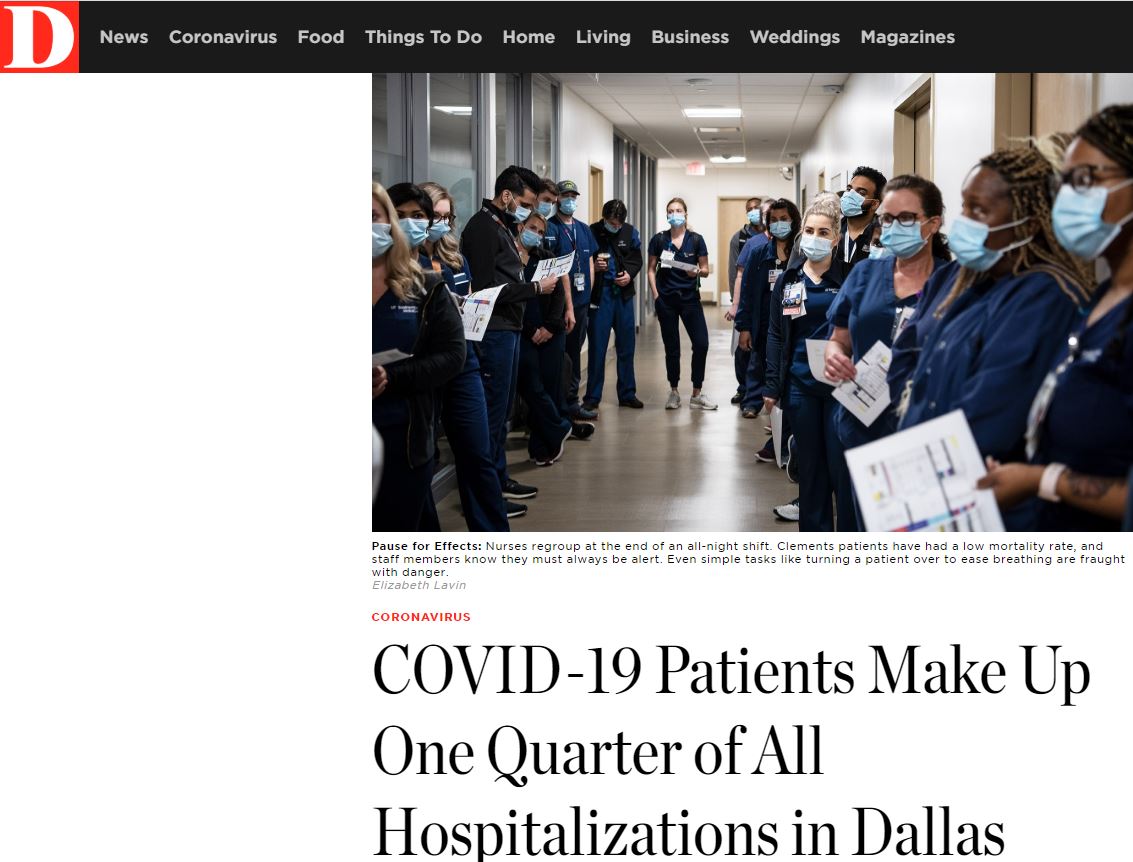Cracking the Nutritional Puzzle: A Path Out Of Dallas’ Food Desert
By Olayide “Olay” Adejumobi, Project Manager, PCCI
Recently, I was shocked to hear that North Texas is one of the hardest hit areas of the country for food insecurity. Shocked, but not surprised. As a registered dietitian and a participant in PCCI’s management of the Dallas Accountable Health Community (DAHC)[1] program, I have seen the Dallas County’s food depravations firsthand, and while this food desert may seem trackless, I believe that by using data, we have ways to create oases.
It turns out that Dallas County has the highest rate of food insecurity among counties in North Texas, with a rate of 15.6%, which is approximately nearly 407,000 residents, per a new report from Feeding America released by the North Texas Food Bank.
I couldn’t agree more with the statement made by Trisha Cunningham, President and CEO of the North Texas Food Bank, “In North Texas, where hunger affects more people than the populations of cities like Seattle or San Francisco, the most alarming statistic is that nearly 40% of those in need are children—a situation that is simply unacceptable.”
As an expert in nutrition, public health, I can tell you that the effects of food insecurity are pernicious and corrosive to families, communities and entire populations. These effects include:
- Overall poor health and increased likelihood of chronic illnesses such as diabetes, cancer, heart disease, and stroke
- Mental and social stresses of food insecurity, can lead to social isolation and stigma, while leading to depression due to heightened stress and anxiety
- Declining academic success: Children who have food insecurities may see an adverse effect on their mental and physical health, reducing their educational opportunities
Ending in 2022, PCCI managed the DAHC[1], a five-year initiative that tested whether identifying and addressing health related social needs of Medicare and Medicaid beneficiaries such as housing instability and quality, food insecurity, utility needs, interpersonal safety, and transportation, would reduce both in health costs and emergency department utilization – we found it did. As a part of the team, I was witness to the myriad of social, economic and health issues the most underserved residents of Dallas faced.
What I can tell you is that food insecurity isn’t just a statistic― it’s a lived reality for many in the southeastern areas of Dallas County.
What I can tell you is that food insecurity isn’t just a statistic― it’s a lived reality for many in the southeastern areas of Dallas County. I’ve seen how non-medical drivers of health can amplify health disparities and lead to adverse health outcomes when quality, nutritious, and affordable food isn’t within reach. The people in these areas grapple with food insecurity due to a complex interplay of non-medical factors. Which makes solving this issue more that just having grocery stores available in those areas, though that would definitely be a good start. The challenges these areas face include:
- Economic Challenges: The neighborhoods in southeast Dallas have high poverty rates, making it a daily struggle for residents to afford nourishing food. Families often find themselves compelled to prioritize cheaper, less nutritious options due to limited financial resources.
- Transportation Barriers: Full-service grocery stores, where fresh produce and essential items are readily available, are scarce in these areas, and the lack of reliable transportation compounds the problem, preventing residents from reaching distant grocery stores and compelling them to settle for less healthy options closer to home.
- Educational Disparities: Low educational attainment in these areas leads to limited knowledge about nutrition and healthy eating, making it a daunting task for residents to make informed food choices.
My journey inside the community data PCCI collected has been an eye-opener. But it’s not just about the numbers we see; it’s about understanding the lives and stories behind those data points. Armed with this information, we have the potential to embark on a path to address food insecurity in these communities through:
- Community Health Workers: These unsung heroes bridge the gap by providing education, resources, and emotional support to individuals and families in need. They connect people to local resources like food banks and assistance programs and help them develop coping strategies.
- Community-Led Initiatives: Data-driven strategies can empower grassroots organizations and community leaders to tackle food insecurity head-on. With the PCCI’s data, we can pinpoint, at the block-level, areas of the greatest need and tailor interventions accordingly.
- Local Government Support: Guided by data-driven insights, local government officials can allocate resources more effectively. Advocacy for policies promoting the establishment of grocery stores and farmers’ markets can be rooted in this specific data.
- Transportation Solutions: PCCI’s data also identifies transportation deserts within the most underserved areas of Dallas, paving the way for improved public transportation options. This strategic approach can ensure residents can access grocery stores with greater ease.
- Education and Outreach: Customized nutrition education programs and workshops, based on PCCI’s data, can empower residents to overcome educational disparities and make healthier food choices.
Since the conclusion of the DAHC program, PCCI has developed the Community Vulnerability Compass (CVC), which provides actionable data regarding social barriers to health, access, and well-being of a community’s most vulnerable populations at the block group level. This includes insights into the number of individuals who are eligible for Supplemental Nutrition Assistance Program (SNAP) benefits, which is a leading indicator of food insecurity.
With the CVC, PCCI has been able to learn more about the pressing issues at the block group level in the hardest hit areas of southeast Dallas. PCCI’s data has reinforced the importance of understanding the unique challenges faced by these communities. Through leveraging this data, we can develop new community-led initiatives to engage residents and foster healthier, more resilient communities. The ultimate goal is to ensure equitable access to resources that enable all Dallas residents―regardless of their neighborhood, to lead healthy and fulfilling lives.

About Olayide “Olay” Adejumobi
Olay is a seasoned healthcare professional with ten years of clinical experience and five years of medical nutrition therapy and disease management experience. As a clinical project manager, she collaborated with cross-functional key stakeholders primarily focused on patient outcomes. She earned a Bachelor of Science in Nutritional Science and Public Health plus a Master’s degree in Healthcare Administration and Information Analytics from Texas Tech University.
[1] This project was supported by the Centers for Medicare and Medicaid Services (CMS) of the U.S. Department of Health and Human Services (HHS) as part of a financial assistance award totaling $4.5M with 100 percent funded by CMS/HHS. The contents are those of the author(s) and do not necessarily represent the official views of, nor an endorsement by, CMS/HHS or the U.S. Government. Although PCCI’s participation in the AHC Model is now over and CMS is no longer affiliated, we are continuing aspects of the program established during our participation in the Model.








 “Thanks to the vaccination programs implemented throughout Dallas County, we continue to see progress in our fight against COVID-19,” said Thomas Roderick, PhD, Executive in Residence at PCCI. “Our latest Vulnerability Index report is the most positive yet, with new cases slowing and modest, but important participation in the vaccination program continuing. This progress is a credit to the outstanding efforts of our public health leaders and residents devoted to crushing COVID.”
“Thanks to the vaccination programs implemented throughout Dallas County, we continue to see progress in our fight against COVID-19,” said Thomas Roderick, PhD, Executive in Residence at PCCI. “Our latest Vulnerability Index report is the most positive yet, with new cases slowing and modest, but important participation in the vaccination program continuing. This progress is a credit to the outstanding efforts of our public health leaders and residents devoted to crushing COVID.” Data Sources:
Data Sources:








